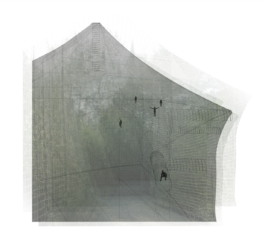
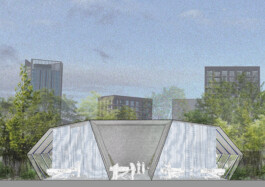
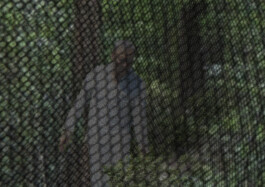
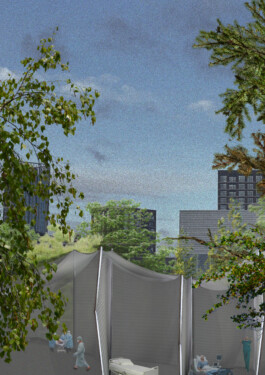
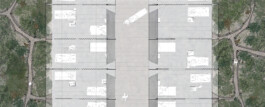
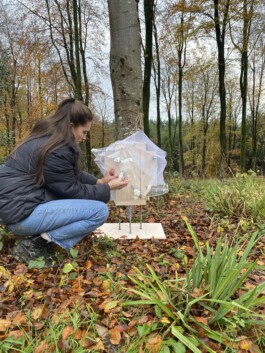
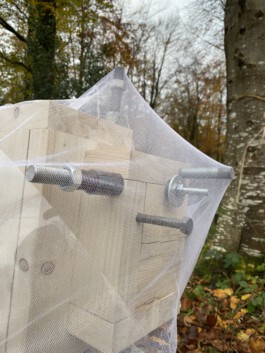
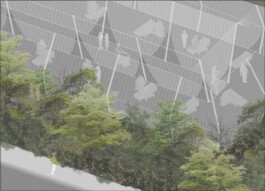
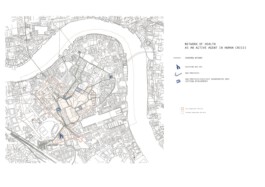









NETWORKS OF HEALTH
Human density is an issue born in the Anthropocene. The global population as well
as the creation of conurbations is increasing rapidly. Soon, all population growth is projected to take place in urban environments. London has developed an urban system that is primarily constituted by its social and built complexes, rather than biotic complexes. Its rapid urbanisation has led to inadequate housing, sanitation and, especially, healthcare services. The expected population growth carries with it epidemics, pandemics and other health crises that may entail social clearing. Governments, organisations and individuals are facing difficult decisions that may impact our health, prospects of survival of individuals and our freedom of movement. Our infrastructural systems do not just consist of material structures of circulation. They are also defined by their surrounding communities. We have to prepare for more inevitable upcoming health crises by starting to suggest a new form of caretaking in dense urban anthropogenic environments, which does not further segregate different classes or species. I am proposing to generate a network of health corridors that consists of flexible public spaces, where medical facilities can be deployed within a network of biodiverse hedgerows; providing space and shelter for humans and non-humans. The health corridors aim to address the health of all species, so that healthier forms of social and biogeographical interactions can take place.
2020